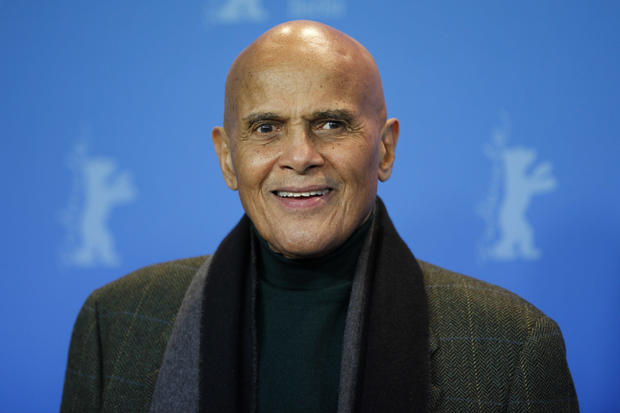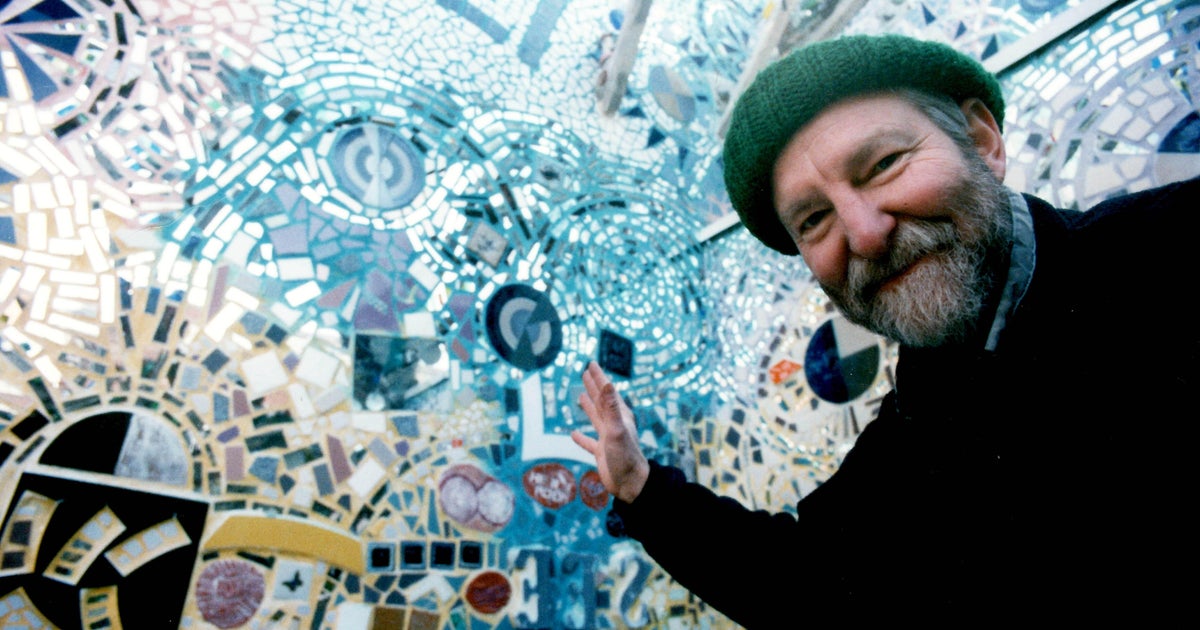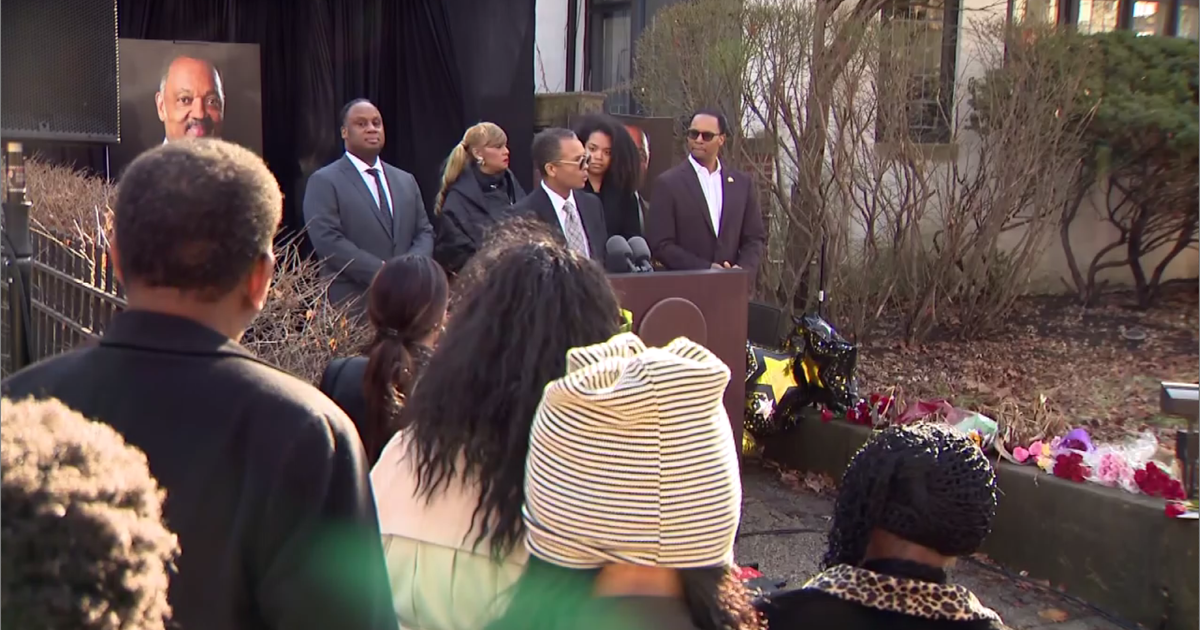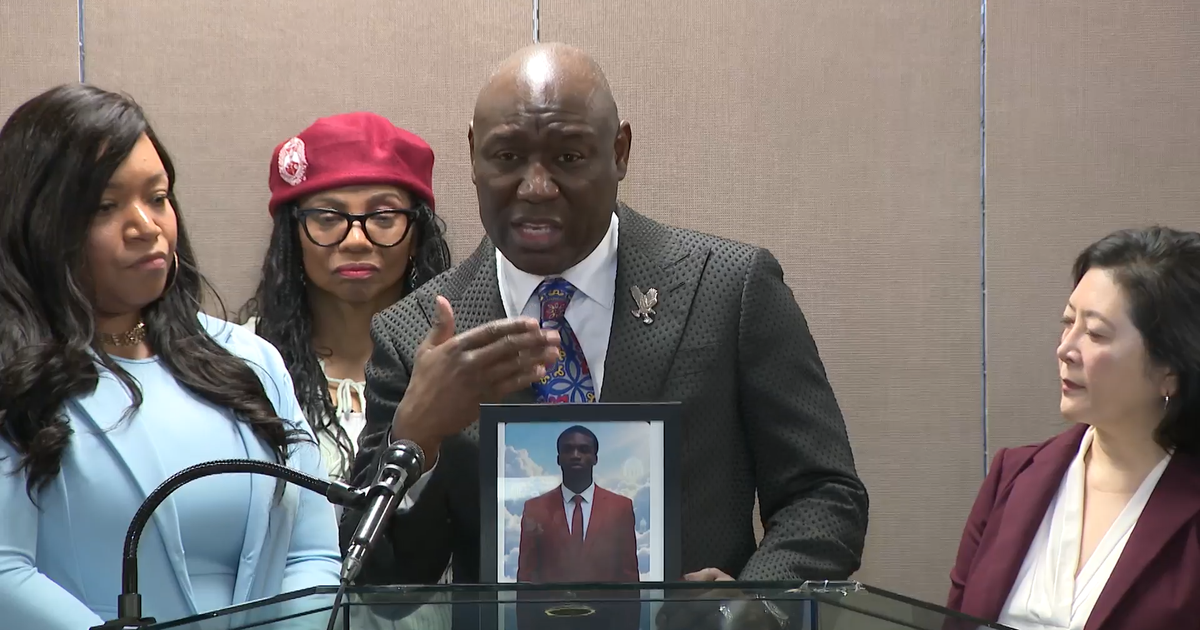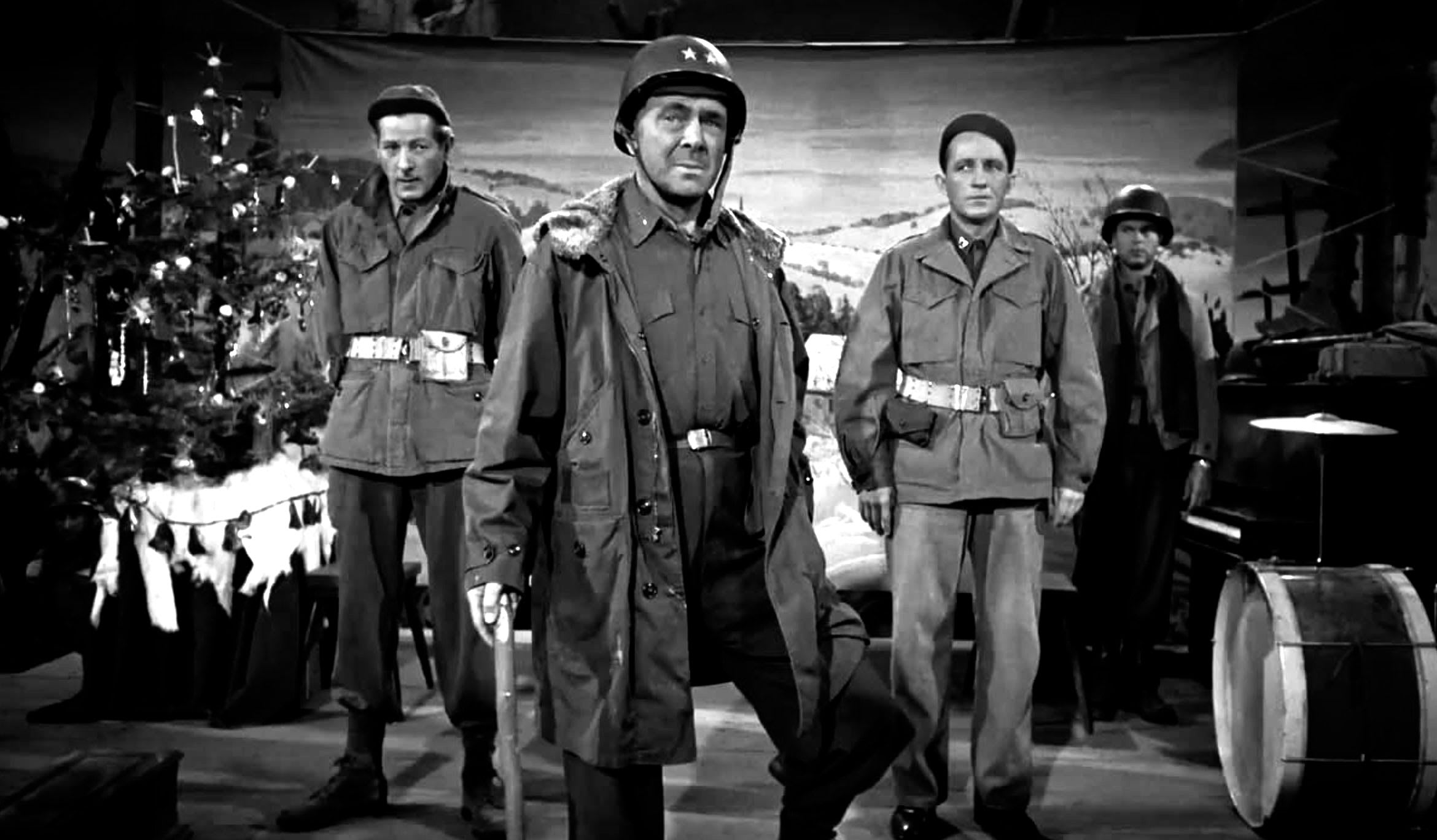Harry Belafonte, legendary entertainer and civil rights icon, dies at 96
Harry Belafonte, the groundbreaking singer and actor who became a civil rights icon, has died, his publicist confirmed to CBS News. He was 96.
Belafonte, an acclaimed screen and stage performer who is also remembered for his trailblazing mainstream success in the 1950s music industry, died of congestive heart failure on Tuesday morning at his home in New York City, his longtime publicist Ken Sunshine said.
Many still know Belafonte for his signature hit "Banana Boat (Day-O)," a traditional Jamaican folk song off his breakthrough 1956 studio album "Calypso," which became a smash hit and the first-ever LP to sell more than one million copies. The album featured other hit records, like "Jamaica Farewell," now credited with bringing Caribbean sounds to mainstream pop music in the United States. After its quick ascent to No. 1 on Billboard's "Top 100" list, "Calypso" remained a chart-topping sensation for 31 consecutive weeks following its debut.
Belafonte's rise to international fame gave way to a decades-long career in television and film as well as music. He was an EGOT, the acronym given to stars who have received Emmy, Grammy, Oscar and Tony Awards, and was also awarded the Kennedy Center Honors and the National Medal of Arts in 1989 and 1994, respectively.
Born in Harlem on March 1, 1927, Belafonte grew up in New York City after spending several years of his childhood in Jamaica, where his family had emigrated from. While his standout success in Hollywood and beyond as a Caribbean-American was historic in its own right, Belafonte also made waves as a civil rights activist and became a vocal supporter of the Civil Rights Movement, as well as a confidant of Dr. Martin Luther King, Jr. Belafonte helped organize the 1963 March on Washington and was throughout his life an advocate for causes like the anti-Apartheid movement, women's rights, juvenile justice and climate change. He also served as an ambassador for UNICEF and the American Civil Liberties Union.
Even before Belafonte won global fame as an entertainer, he saw himself as part of a grand tradition of artists who use their voices for change. His role model was Paul Robeson, the singer, actor and activist whose career was derailed by McCarthyism.
In 2018, CBS News' Vladimir Duthiers sat down with Belafonte, who drew a direct line from his years traveling the world with King, back to something Robeson told him when he was just starting out.
"He said, artists are the gatekeepers of truth. He said only through the world of the arts do we know who and what we are in the history of civilization," Belafonte told Duthiers. "Long before historians. Long before people ascribe themselves as the caretakers of life and culture. The song did that, and in the black community, it was our primary tool of communication. So I saw the song as having something far more than something to delight audiences and people could dance and sing. It had content, and I began to see this content of black protest music."
Belafonte married three times and was a father to four children, all of whom survive him. He shared children Adrienne Belafonte Biesemeyer and Shari Belafonte with Marguerite Byrd, whom Belafonte married in 1948, and another two children, Gina Belafonte and David Belafonte, with Julie Robinson, whom he married in 1957.
He married the photographer Pamela Frank in 2004 and is survived by her as well as two stepchildren, Sarah Frank and Lindsey Frank. Belafonte's wife was by his side at the time of his death on Tuesday, his publicist said.
